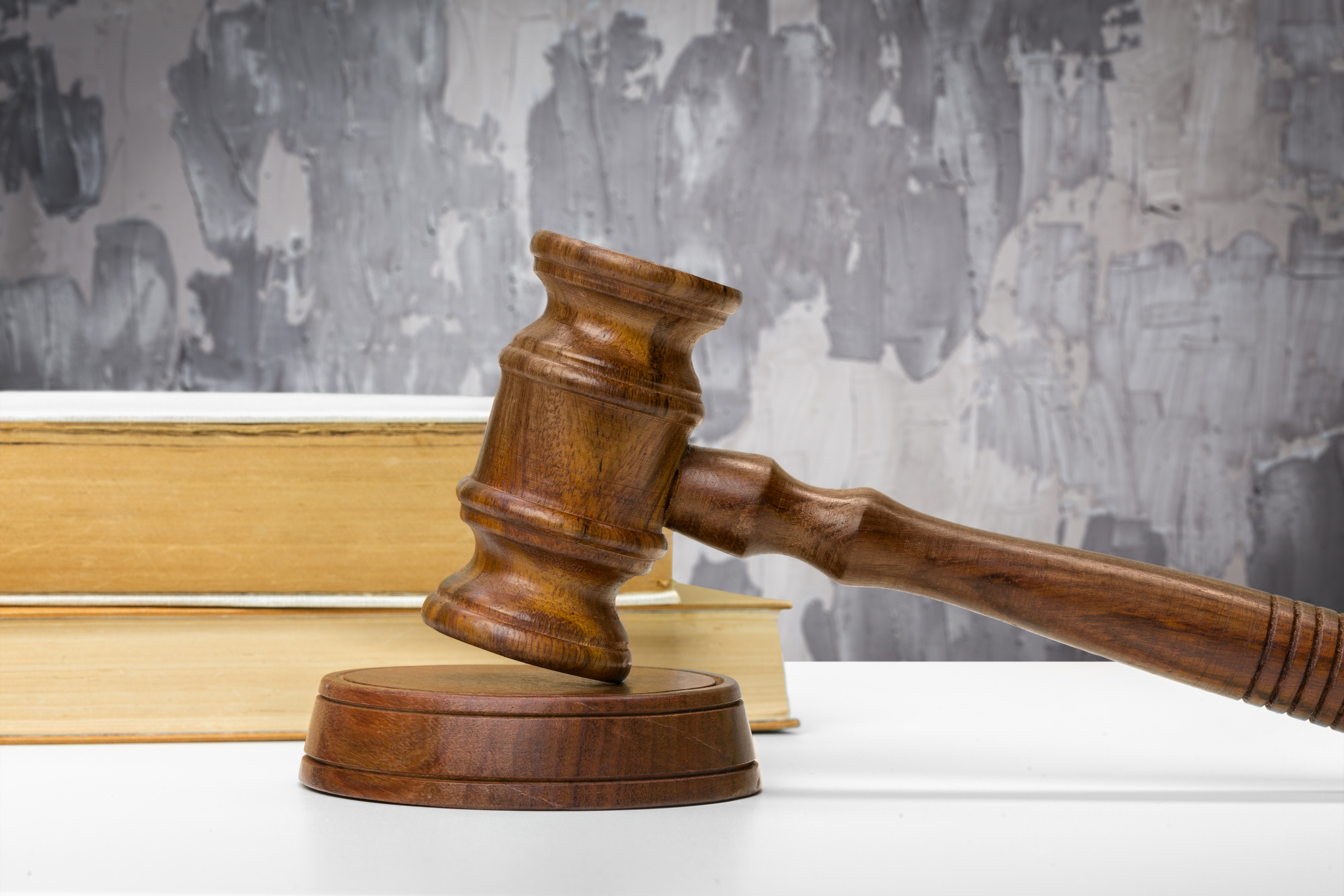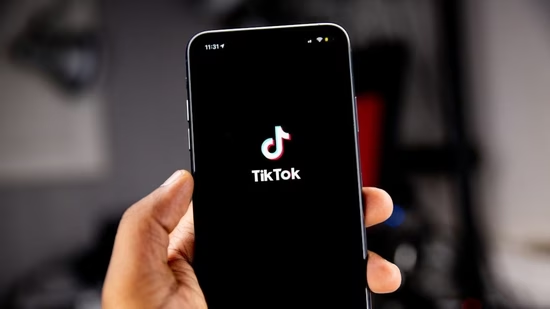OpenAI is preparing to take a commission from product sales made directly through ChatGPT, signalling a significant shift in its business model. The move aims to monetise free users by embedding e-commerce checkout within the chatbot.
Currently, ChatGPT provides product links that redirect users to external sites. In April, OpenAI partnered with Shopify to support this feature. Sources say the next step is enabling purchases without leaving the platform, with merchants paying OpenAI a fee per transaction.
Until now, OpenAI has earned revenue mainly from ChatGPT Plus subscriptions and enterprise deals. Despite a $300 billion valuation, the company remains loss-making and seeks new commercial avenues tied to its conversational AI tools.
E-commerce integration would also challenge Google’s grip on product discovery and paid search, as more users turn to chatbots for recommendations.
Early prototypes have been shown to brands, and financial terms are under discussion. Shopify, which powers checkout on platforms like TikTok, may also provide the backend infrastructure for ChatGPT.
Product suggestions in ChatGPT are generated based on query relevance and user-specific context, including budgets and saved preferences. With memory upgrades, the chatbot can personalise results more effectively over time.
Currently, clicking on a product shows a list of sellers based on third-party data. Rankings rely mainly on metadata rather than price or delivery speed, though this is expected to evolve.
Marketers are already experimenting with ‘AIO’ — AI optimisation — to boost visibility in AI-generated product listings, similar to SEO for search engines.
An advertising agency executive said this shift could disrupt paid search and traditional ad models. Concerns are growing around how AI handles preferences and the fairness of its recommendations.
OpenAI has previously said it had ‘no active plans to pursue advertising’. However, CFO Sarah Friar recently confirmed that the company is open to ads in the future, using a selective approach.
CEO Sam Altman said OpenAI would not accept payments for preferential placement, but may charge small affiliate fees on purchases made through ChatGPT.
Would you like to learn more about AI, tech and digital diplomacy? If so, ask our Diplo chatbot!










